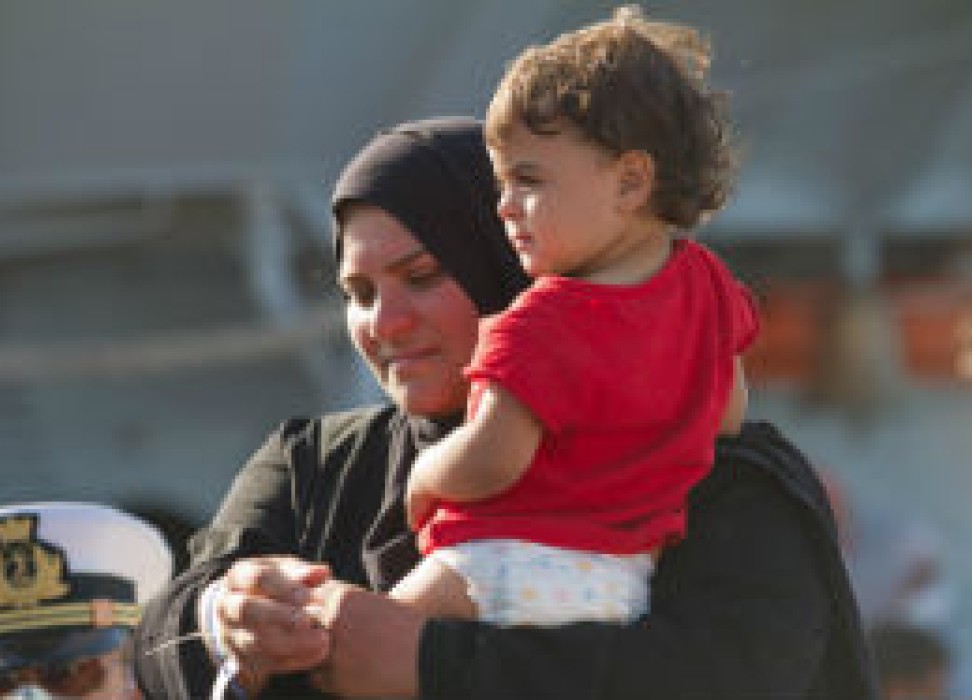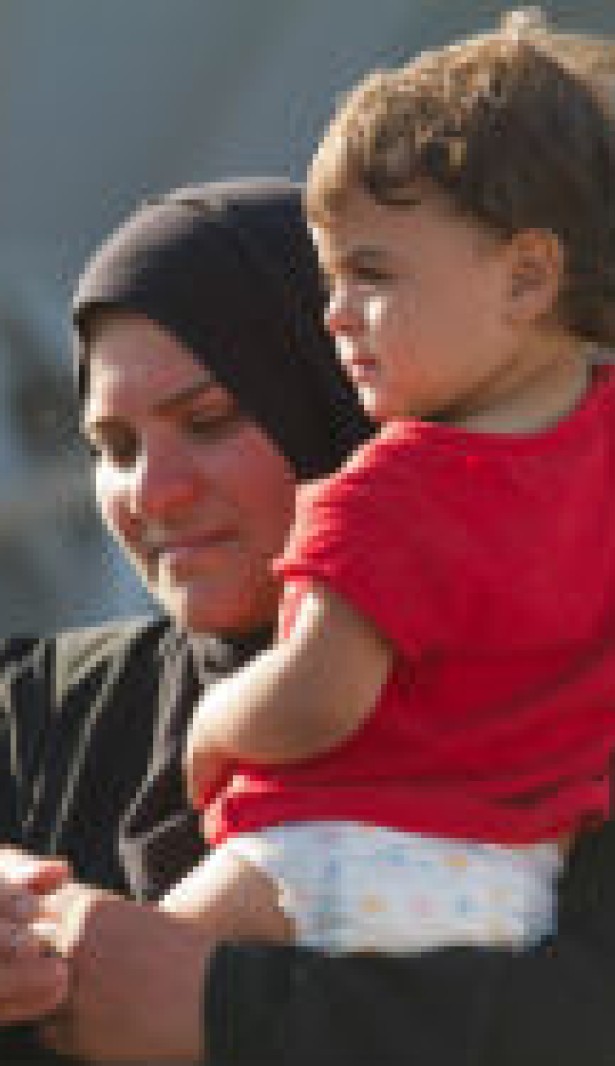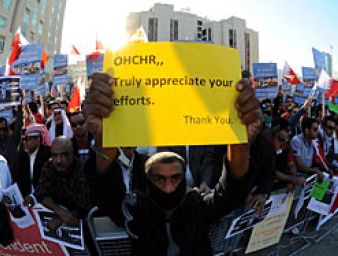Migrants need protection, not push-backs
18 June 2015

The plight of thousands of migrants attempting to make their way to safety and dignity needs a global response, and not piecemeal and reactionary policies, said UN High Commissioner for Human Rights Zeid Ra’ad Al Hussein. Those who make such trips – whether to escape violence or war, or economic deprivation – are still entitled to the same human rights as the rest of us, he said.
“When people are unable to use regular channels to escape oppression, violence and economic despair, they may attempt, in desperation, to find irregular ones. This does not make them criminals. It does not withdraw their right to be treated with dignity. On the contrary, their vulnerability cries out for humanity – an approach that is motivated by respect for their plight, and for their fundamental rights as human beings.”
Zeid made his comments as the part of a discussion on the human rights of migrants that took place during the 29th session of the Human Rights Council. The topic was also the subject of a report presented later to the Council by the Special Rapporteur on the human rights of migrants.
Experts from a number of organizations that deal with the migration issue on several fronts took part including the UN High Commission for Refugees (UNHCR), the International Organization for Migration (IOM), the International Labour Organization (ILO) and the UN Special Rapporteur on the human rights of migrants.
Carol Batchelor, who heads the Division of International Protection at UNHCR, reminded States that they should not think about migrants in terms of solely sending them “back where they came from.” Often times, there is no place to return to – either because of being ravaged by war or dire economic circumstances. They are left, effectively stateless. Statistics to be released by UNHCR later this year will show that this year has been the worst in human history with record numbers of asylum seekers, refugees and stateless persons.
The High Commissioner noted that when people are unable to use regular channels to escape oppression, violence and economic despair, they may attempt, in desperation, to find irregular ones.
” This does not make them criminals”, he said. “It does not withdraw their right to be treated with dignity.” The High Commissioner stressed in addition that the only effective approach to migration must be grounded in the human rights of the people concerned, focusing on long-term solutions.
One way to manage this movement and protect the rights of all migrants as they travel is to develop a plan for managed mobility, said François Crépeau, Special Rapporteur on the human rights of migrants. In a report presented to the Council, he outlined how creating a coherent strategy to integrate migrants into countries, specifically in the European Union, could ease the pressure on those taking irregular routes to travel.
“Sealing borders does not work,” he said during the panel discussion. “Mobility is an inescapable consequence of globalisation and migrants will come anyway… This is why I am proposing to the European Union to choose mobility over closure.” He encouraged States to develop systems to regulate mobility that would include opening channels for the entry of migrant workers at all skills levels and sanctioning employers who exploit migrants.
In this way, migration could be turned from a precarious process to one that once again contains dignity, he said.
“Migrants are mostly courageous people, who have endured a lot, are resilient and want to do the right thing for themselves and their family,” Crépeau said. “Repressive policies fail to deter irregular migration because hope is always stronger…Survival migration is always a dignity-seeking journey, often a labour of love.”
18 June 2015


